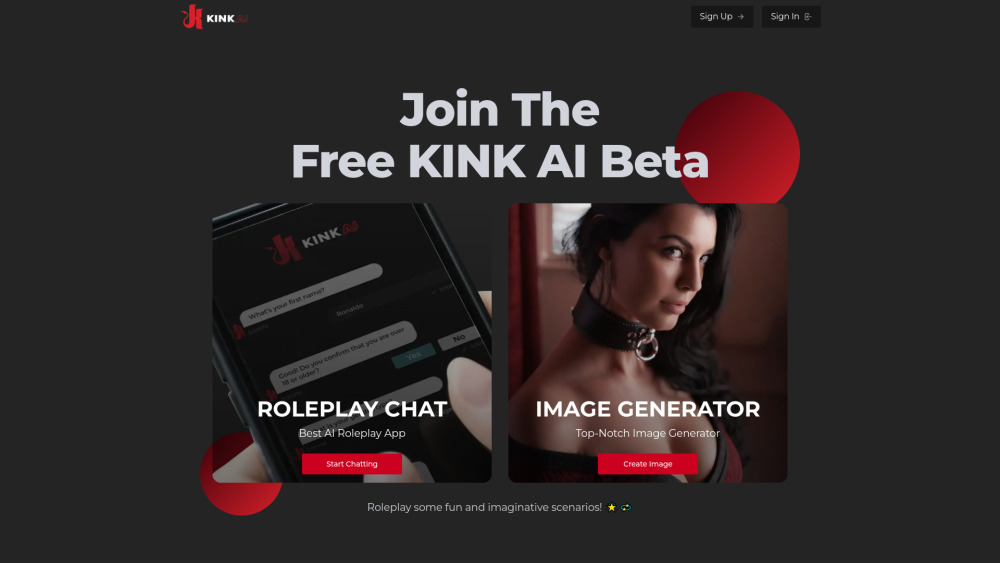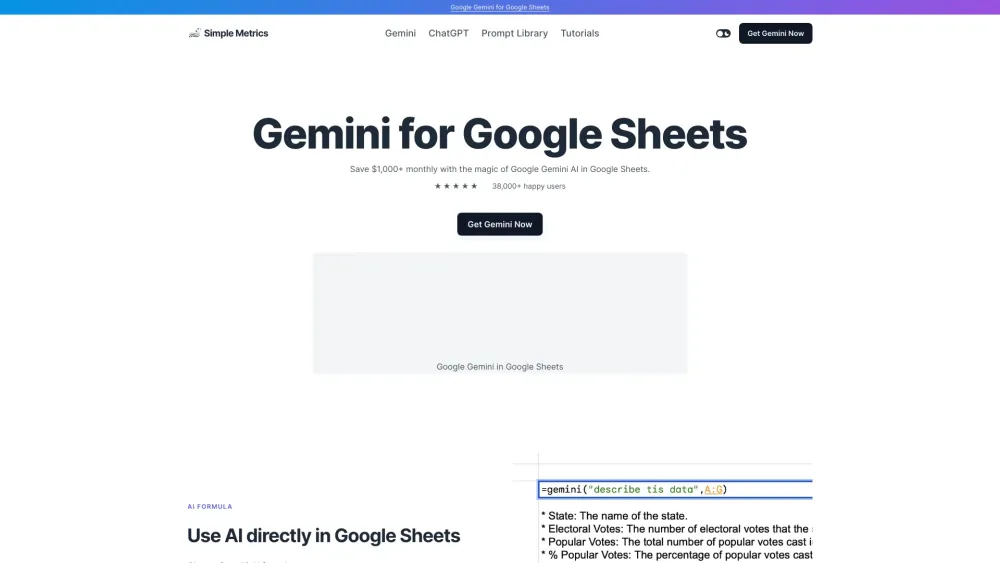Engineers Adam Keating and Jeremy Andrews were frustrated with the limitations of spreadsheets and screenshots for team collaboration, so they launched CoLab, a startup designed to create a more efficient solution.
The duo met while studying mechanical engineering at Memorial University of Newfoundland. During their final internships — Andrews at Tesla and Keating at health startup Reflexion Medical — they recognized that engineering teams often depended on outdated tools, particularly spreadsheets and PowerPoint presentations, for collaborative efforts.
“We experienced firsthand the drawbacks of managing crucial design reviews by exchanging screenshots via email,” Keating shared during an interview. “This process resulted in lengthy review cycles, excessive administrative work, and critical issues slipping through the cracks, despite everyone’s diligent efforts.”
Driven by their entrepreneurial spirit, Keating and Andrews decided to establish CoLab, a platform aimed at transforming the mechanical engineering collaboration landscape. Their tools, now used by teams at major companies like Ford, Johnson Controls, and Schneider Electric, allow engineers to review design files, track feedback, and document issues all from one comprehensive dashboard.
“CoLab enables multiple engineers and cross-functional stakeholders to collaboratively review designs and build upon each other’s feedback,” said Keating, who currently serves as CoLab’s CEO. “Our platform consolidates design discussions previously scattered across emails, spreadsheets, and notebooks, integrating seamlessly with existing enterprise systems like product lifecycle management. This integration facilitates improved decision-making by providing engineers with accessible and relevant data.”
CoLab securely stores design data, including 3D models and engineering drawings, in its cloud system. Its integrated sharing tools empower engineers to send files to suppliers while protecting sensitive information, such as feedback and comments.
While AI is not a prominent feature in CoLab’s current offerings, Keating has indicated it will play a significant role in the upcoming months. The company plans to utilize its expanding customer data — in a manner that ensures anonymity and respects privacy— to build AI models that assist engineers in making informed decisions and streamline routine tasks.
“CoLab boasts a significant volume of user-generated feedback data that often gets overlooked by traditional enterprise systems,” Keating noted. “This allows us to both clarify and analyze the evolution of designs, providing insights into not just how designs change, but why those changes occur.”
Currently operating under a software-as-a-service model, CoLab is experiencing financial growth; Keating reports that revenue has doubled in the last six months. He anticipates the release of paid add-ons this year and next, which should contribute further to revenue growth.
Recently, CoLab announced a successful $21 million Series B funding round led by Insight Partners, with participation from Y Combinator, Killick Capital, and Pelorus VC.
“This $21 million funding, which brings our total capital to $40 million, is strategically allocated to enhance our go-to-market strategy while also investing in future innovations in AI,” Keating stated. “A significant portion of the funding will support team expansion, following years of building an efficient business model.”
CoLab plans to increase its workforce from 86 to approximately 120 employees by the end of the year, with a focus on expansion into Canada and the U.S.







